Afreximbank Chief Economist Urges Strategic Use of Fuel Subsidy Savings for Infrastructure Development
Dr. Yemi Kale, Group Chief Economist and Managing Director of Research and Trade Intelligence at Afreximbank, has proposed that the Nigerian Federal Government invest fuel subsidy savings into critical infrastructure projects, emphasizing the crucial role of accountability in national development.
Speaking at a recent Abuja conference focused on accountability for inclusive economic growth, Dr. Kale highlighted that Nigeria’s goal of lifting over 100 million citizens out of poverty requires more than rhetoric. “Inclusive growth is not achieved by slogans or propaganda, it is achieved by the hard work of reforming institutions, enforcing rules and empowering citizens to ask questions and get answers,” he stated.
The economist recommended legally mandating that subsidy removal savings be directed toward transportation and logistics infrastructure. This approach, he explained, would not only represent sound economic policy but would also foster public trust through demonstrated government accountability.
Dr. Kale emphasized that effective poverty reduction depends on transparent implementation of social programs. He advocated for rigorous oversight measures, including “independent audit and community monitoring” to ensure social investment funds reach their intended beneficiaries. The economist pointed to successful nations that have embraced accountability, noting they typically experience faster growth rates, increased investment, and more effective poverty reduction.
To enhance transparency, Dr. Kale recommended implementing public dashboards for major infrastructure projects, allowing citizens and media to track progress and expenditure. He also called for greater collaboration with civil society organizations and media outlets as essential partners in public oversight, while emphasizing the importance of protecting whistleblowers and activists.
The recommendations come at a critical time as Nigeria grapples with implementing reforms while maintaining public trust. Dr. Kale’s emphasis on institutional accountability presents a roadmap for converting policy initiatives into tangible economic benefits for Nigerian citizens.

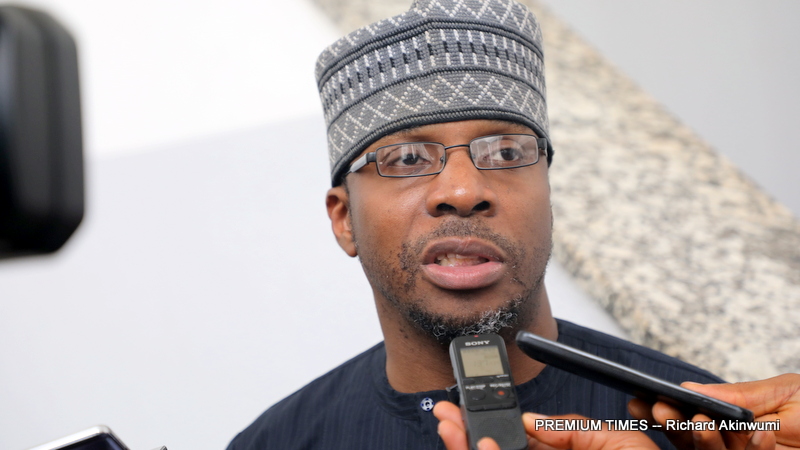
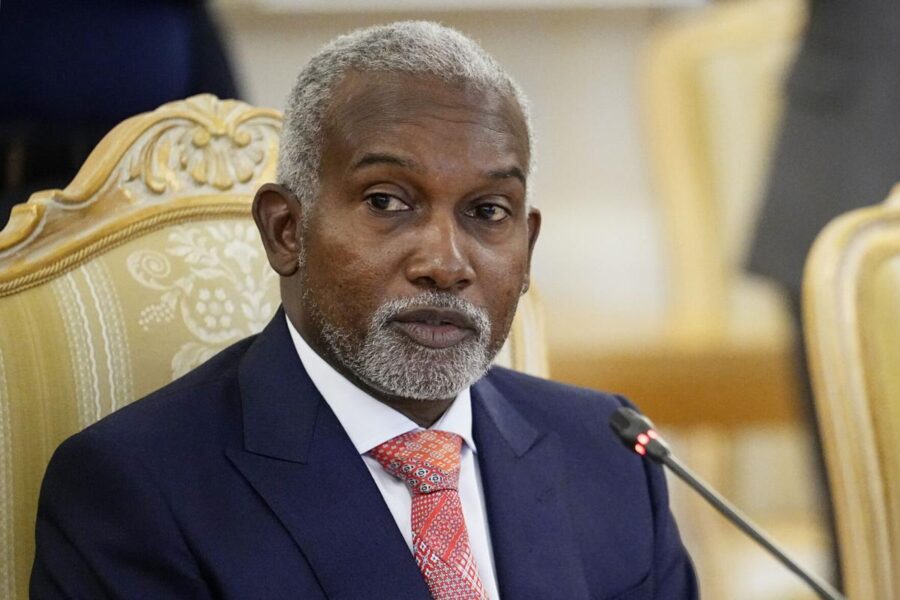
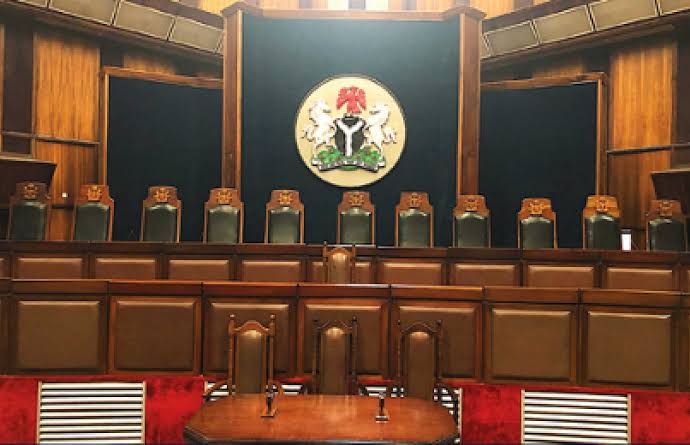
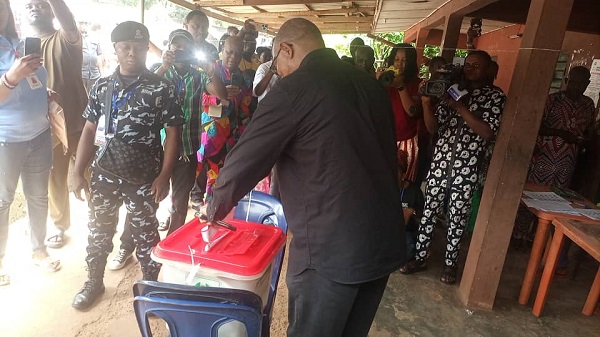
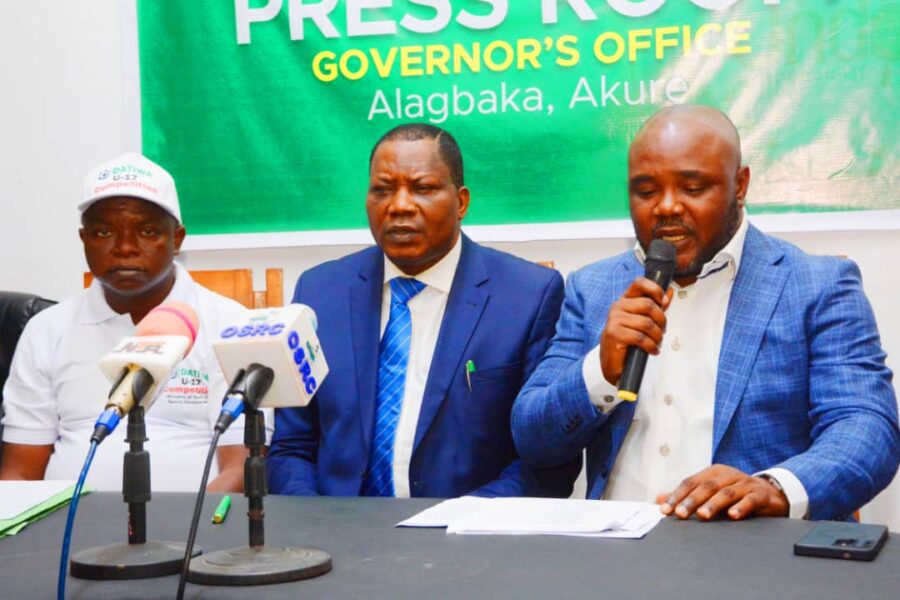
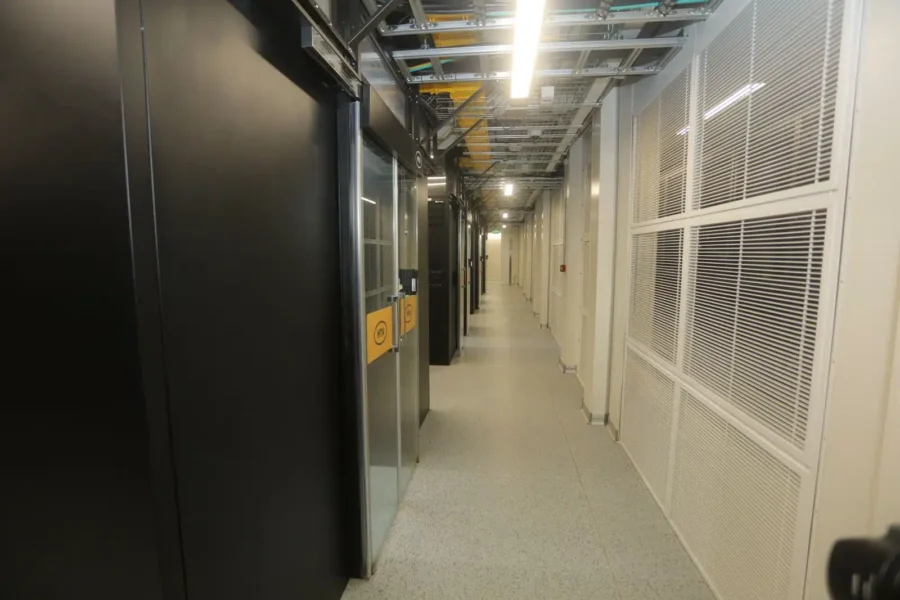
Leave a Comment